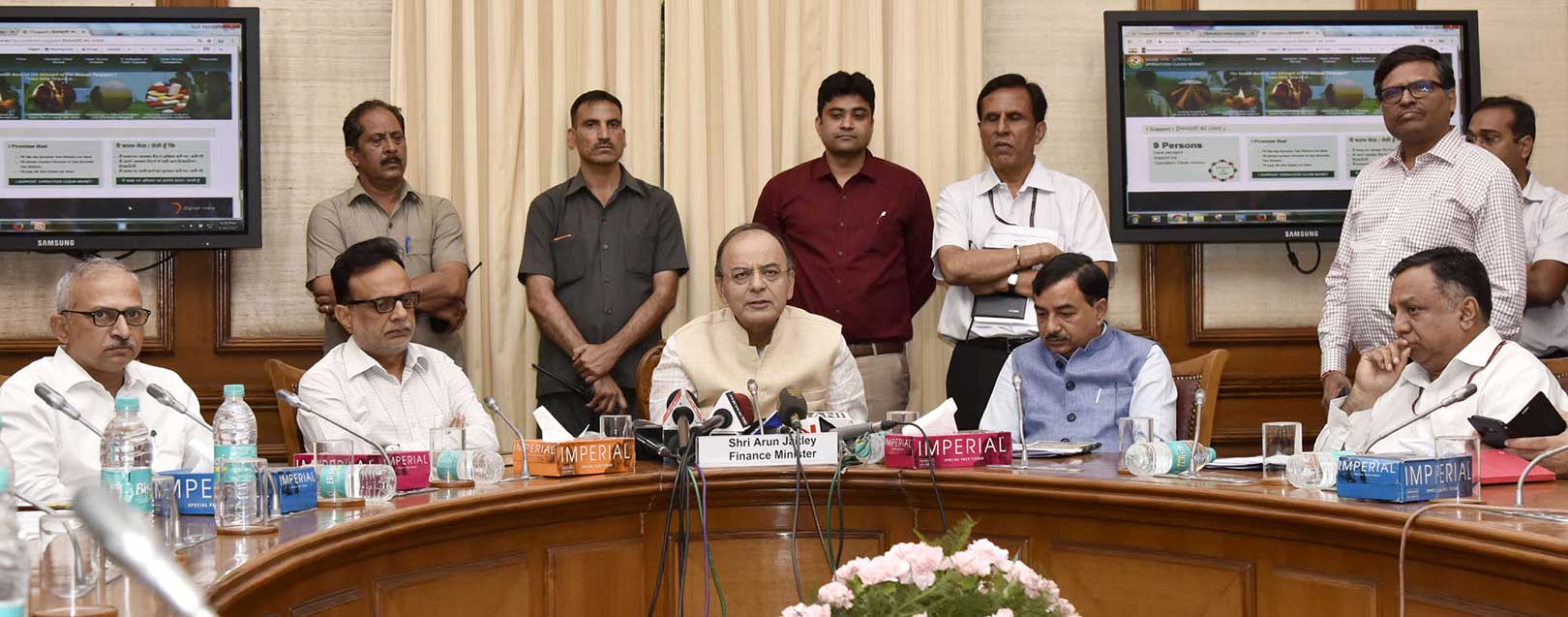
Goods and Service Tax – Rate issues faced by various industries
by Ranjeet Mahtani and Sweta Rajan
During its meetings on May 18 and 19, 2017, the GST Council declared the placement of goods and services across the fixed GST rate slabs. The GST Council further released the list of goods liable for GST Compensation Cess along with the applicable rate of cess and released a list of services which would be liable to GST under the reverse charge mechanism. While the GST law empowers the Government to specify goods and services on which GST is payable by the recipient, the Council has approved only services that are likely to attract GST on reverse charge basis.
Rate specific issues
The release of the GST rates has, as expected, triggered varying responses across industries. Some of the key industry-specific responses include:
- Hospitality industry – The Federation of Associations in Indian Tourism & Hospitality (FAITH) has sought lower GST rate for five-star hotels and other similar accommodations, having a tariff rate of INR 5000 and above on the basis that the proposed GST slabs for hotels will make India hugely uncompetitive in the global market.
- Automobile industry – The GST Council is expected to reconsider the proposed levy of 43% GST (28% tax + 15% cess) on hybrid vehicles considering the concerns shared on the steep rate hike.
- Construction industry – Under GST, construction services are sought to be taxed at 12% on the amount charged from the recipient including the value of land. Considering that GST will be chargeable on the land value as well, CREDAI (the apex body of private real estate developers associations) has requested State Governments to abolish the stamp duty levied on landed property, to avoid multi-point taxation after the introduction of GST.
SGST Bills passed by 20 States
While the GST Council makes steady progress towards ushering in the GST regime on July 1, 2017, till date, twenty States have passed the State GST Bills, the last of which were Maharashtra, Sikkim, Tripura and Mizoram. The Delhi Government proposes to have a one-day special assembly session to pass the State GST Bill on May 31, 2017.
What next?
The State GST Bills are required to be passed by all the remaining States by June 2017. The next meeting of the GST Council scheduled on June 3, 2017, during which they are expected to discuss the GST rate for gold, precious metal, textiles and other branded products. The GST Council is also yet to finalise the transitional rules and e-way bill rules.
The Chairman of the GST Network has reportedly stated that until the e-way bill rules are released, the IT mechanism and support cannot be worked on, and this would require a few months. As a result, the e-way bill system cannot be introduced w.e.f. July 1, 2017. Therefore, the moot question that still remains is – Will the GSTN, as also the industry and trade be GST-ready by July 1, 2017?







